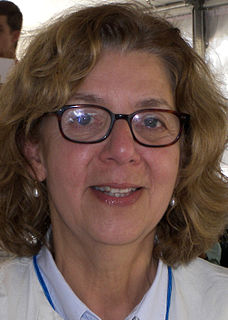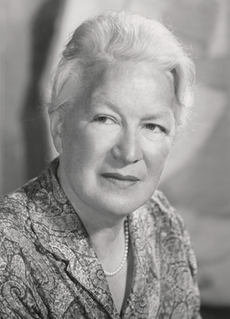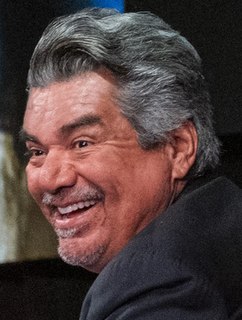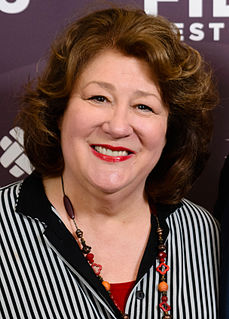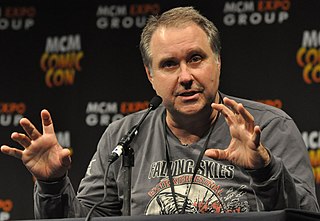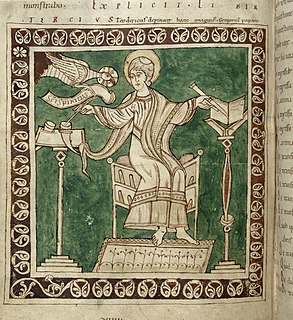A Quote by Maira Kalman
I don't like plots. I don't know what a plot means. I can't stand the idea of anything that starts in the beginning - you know, 'beginning, middle and end.'
Related Quotes
Man no longer lives in the beginning--he has lost the beginning. Now he finds he is in the middle, knowing neither the end nor the beginning, and yet knowing that he is in the middle, coming from the beginning and going towards the end. He sees that his life is determined by these two facets, of which he knows only that he does not know them
A love affair is like a short story--it has a beginning, a middle, and an end. The beginning was easy, the middle might drag, invaded by commonplace, but the end, instead of being decisive and well knit with that element of revelatory surprise as a well-written story should be, it usually dissipated in a succession of messy and humiliating anticlimaxes.
I think one is naturally impressed by anything having a beginning a middle and an ending when one is beginning writing and that it is a natural thing because when one is emerging from adolescence, which is really when one first begins writing one feels that one would not have been one emerging from adolescence if there had not been a beginning and a middle and an ending to anything.
[William Butler] Yeats has the phrase Hodos Chameliontos, chameleon-like, in that you don't know where the beginning or the middle or the end is, so it's an unrelieved hallucination, because you don't know where you're coming in and you don't know where you're going out. It ends, you're going into the hallucination, or maybe coming out of it, I don't know.
I feel confident that we will have a beginning, middle and end, in this season, and it was wise of NBC to then call it what it really is, which is a mini-series. "24" is a really good example, in that there was a definitive beginning, middle and end for the first season. They had a slightly different format than we have, but the second season just retained Jack Bauer and a few other players, with the same basic format and idea, but it was a completely different show.
